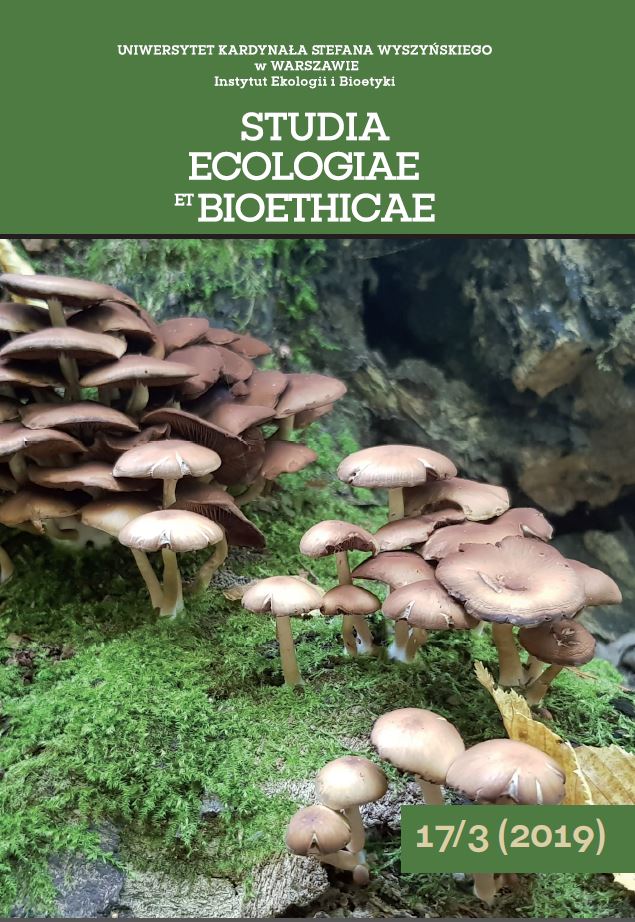
We kindly inform you that, as long as the subject affiliation of our 300.000+ articles is in progress, you might get unsufficient or no results on your third level or second level search. In this case, please broaden your search criteria.

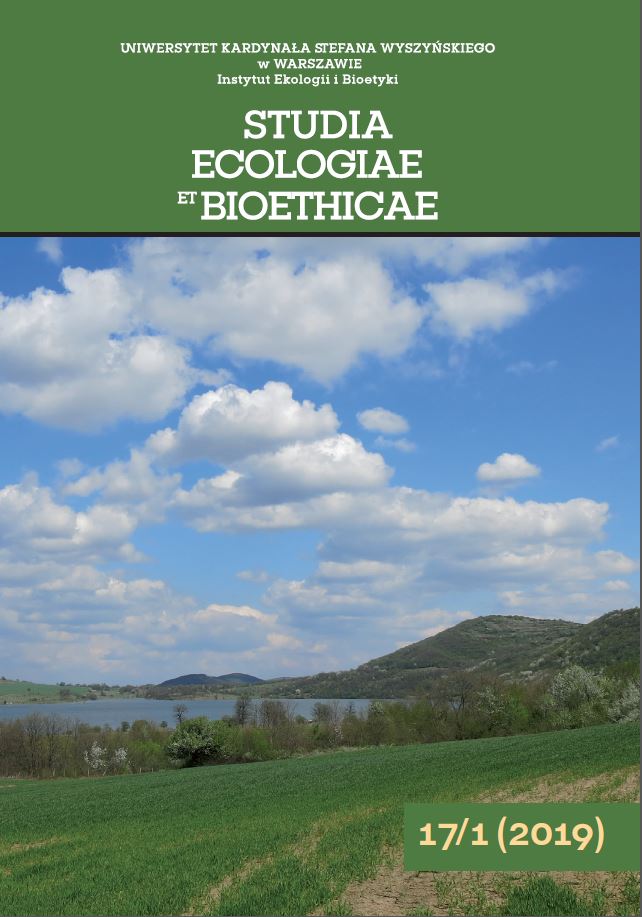
The author finds justification for ‘forest rights’ in the subjective existence of ecosystems. The concept of life helps her to understand the subjectivity of ecosystems. She notes that the specificity of life is the creative duration that connects the three dimensions of time: past, present and future. Thinking about dependencies in the ecosystemrelation scheme helps to understand how it is possible to be so creative. The author uses the concept of the ‘subject of responsibility’, which is found in Roman Ingarden’s work ‘On Responsibility and its Ontical Foundations’. Being the subject of responsibility justifies having rights that allow you to contribute to the pursuit of TRUTH, GOOD and BEAUTY. Thanks to ecosystem activity, which is the forest itself, these three universal values can be realized.
More...
The main concern on this article is the reconstruction of the concept of the perception of the environment proposed by Tim Ingold, cultural anthropologist from Scotland. The first part of the article is the illustration of historical and theoretical background of the concept of perception of the environment where the basic theoretical assumptions of Tim Ingold’s environmental anthropology were introduced. The main points of the background knowledge are: the ecological approach to the visual perception of J. Gibson, the concept of Umwelt proposed by Jacob Johann von Uexküll, the dwelling perspective for environmental transformations of Martin Heidegger, the concepts of mind embodiment and extension. The reconstruction of the concept of perception of the environment is aimed at explication of three main ideas: the life in movement, dwelling perspective and new skill development. The second part of this article is focused on the applications of the concept of perception of the environment in two case studies: the forest perception and the ecological approach to the materials.
More...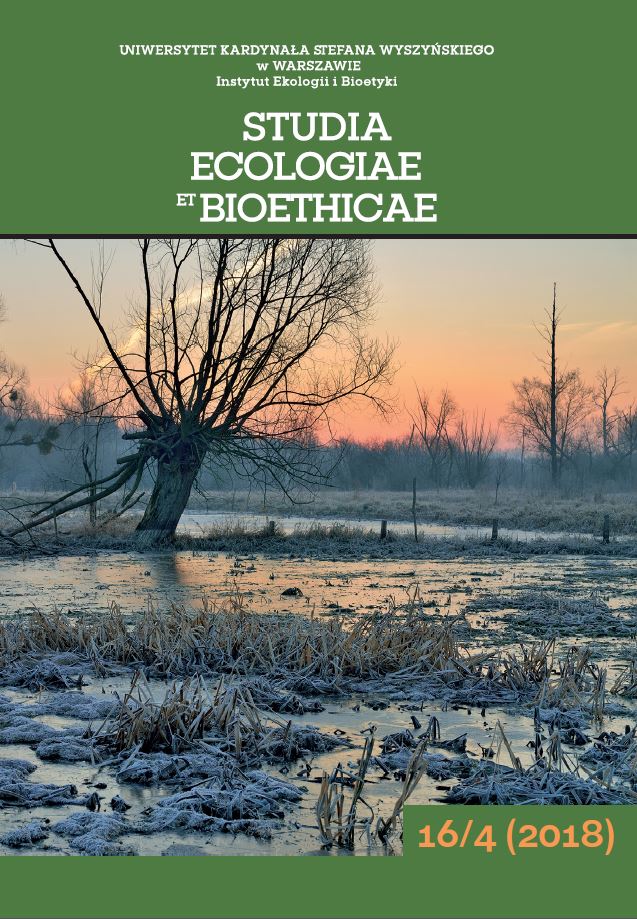
Sustainable development, both the term itself and social activities which the term denotes, is related to various areas of environmental protection. The term is defined in different ways depending on the area in which it is applied. With fairly strict definitions of sustainable development to be found in science, government documents, international agreements, and the economy, the word is often used as a fashionable slogan or a trivial label in everyday life situations. The purpose of this article is to analyze both the term and the idea of sustainable development, as well as the epistemic status of the concept, in order to capture its essential meaning. Two Kantian categories are applied in this analysis: a regulative idea and a practical postulate. The use of these categories makes it possible to relate the analysis to the idea of harmony. Consequently, it is argued that the idea of sustainable development is in fact the idea of harmonious development.
More...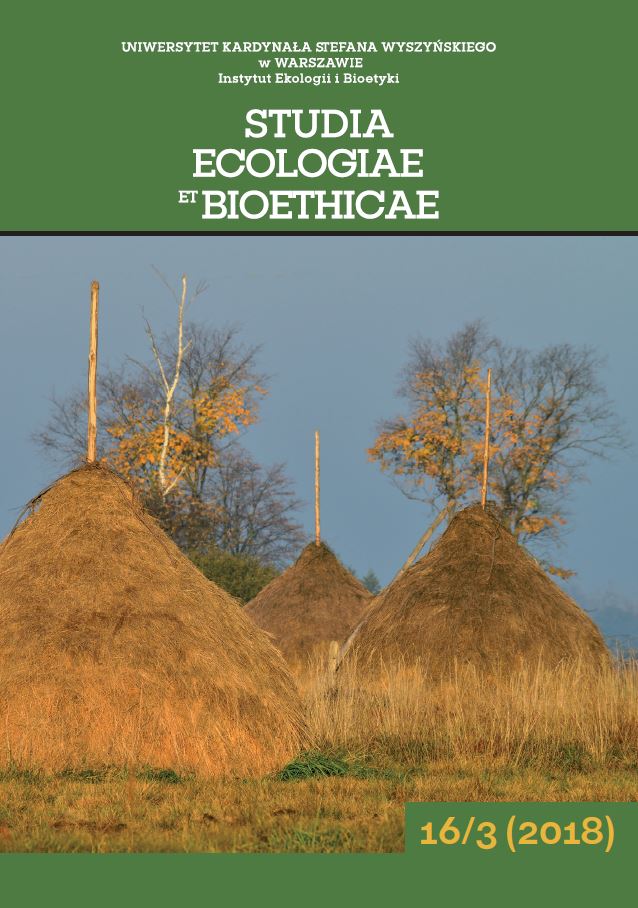
Along with the deepening of the ecological crisis, our understanding of its nature is also increasing. While the analysis of its causes and effects, along with the development of a strategy to overcome it, was at first carried out solely by representatives of the natural and technical sciences, it has now been undertaken also by humanists, artists and cultural and religious leaders. The joining of humanists in this endeavour enables better recognition of the nature of the ecological crisis and consequently helps to develop a more adequate strategy to counteract its impact. Particularly noteworthy is the contribution of world religions in shaping a realistic relationship between humanity and nature. This article points to the increasing humanisation of the ecological reflection and offers examples of the commitment demonstrated by representatives of various religious traditions to the protection of forests
More...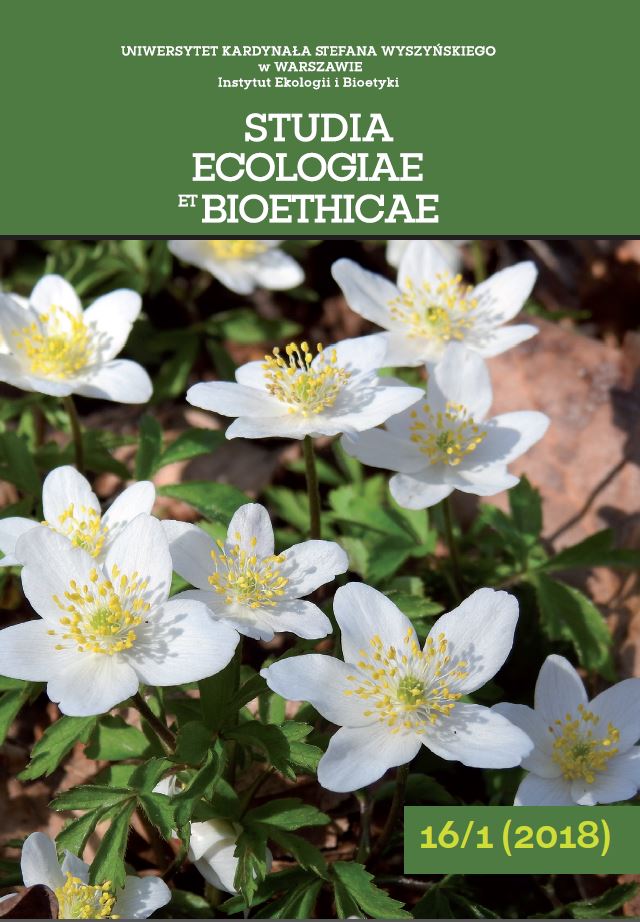
In a companion article to this one, published in the previous issue of this journal, I discussed the renaissance of philosophical realism, focusing particularly on the different versions of common-sense realism. In this article, I will instead discuss scientific realism and another, intermediate version of realism (which is pluralistic both in ontology and epistemology) that, in my view, incorporates the best elements of common sense realism and scientific realism while avoiding their shortcomings.
More...
The article focuses on the moral and political debate around chemical abortion, also known as pharmaceutical or medical abortion, in Italy. In April 2017, authorities in the Lazio region – the central region that includes Rome – issued an ordinance permitting the use of chemical abortion outside the hospital. As a result, Lazio became the first region in Italy to make abortion pills available at family planning clinics. A chemical abortion creates a serious reaction in a woman’s body in order to cause it to interrupt and expel the pregnancy. The global phenomenon of medical abortion is opening a new stage of the public dispute surrounding the beginning of human life and the recognition of the human embryo as a human being from the moment of conception.
More...
In the Christian tradition, the concept of ‘dignity’ derives from natural law. According to St. Thomas Aquinas, every human being preserves inherent dignity throughout life because it comes from God. In line with this thought is the view that the gift of dignity cannot be taken away. Even various forms of aggression and hatred are not capable of destroying humanity; in other words, they cannot deprive man of this most precious value. In the interest of spiritual development, philosophers and theologians urge adherence to moral standards. Actions based on an ethical foundation teach responsibility and thus are important to respect. This article on human dignity explores these ideas through the example of medical care for chronically and terminally ill patients. I not only focus on palliative care but also explain how to care for a dying person while respecting his or her rights as a patient, especially the right to a decent and peaceful death.
More...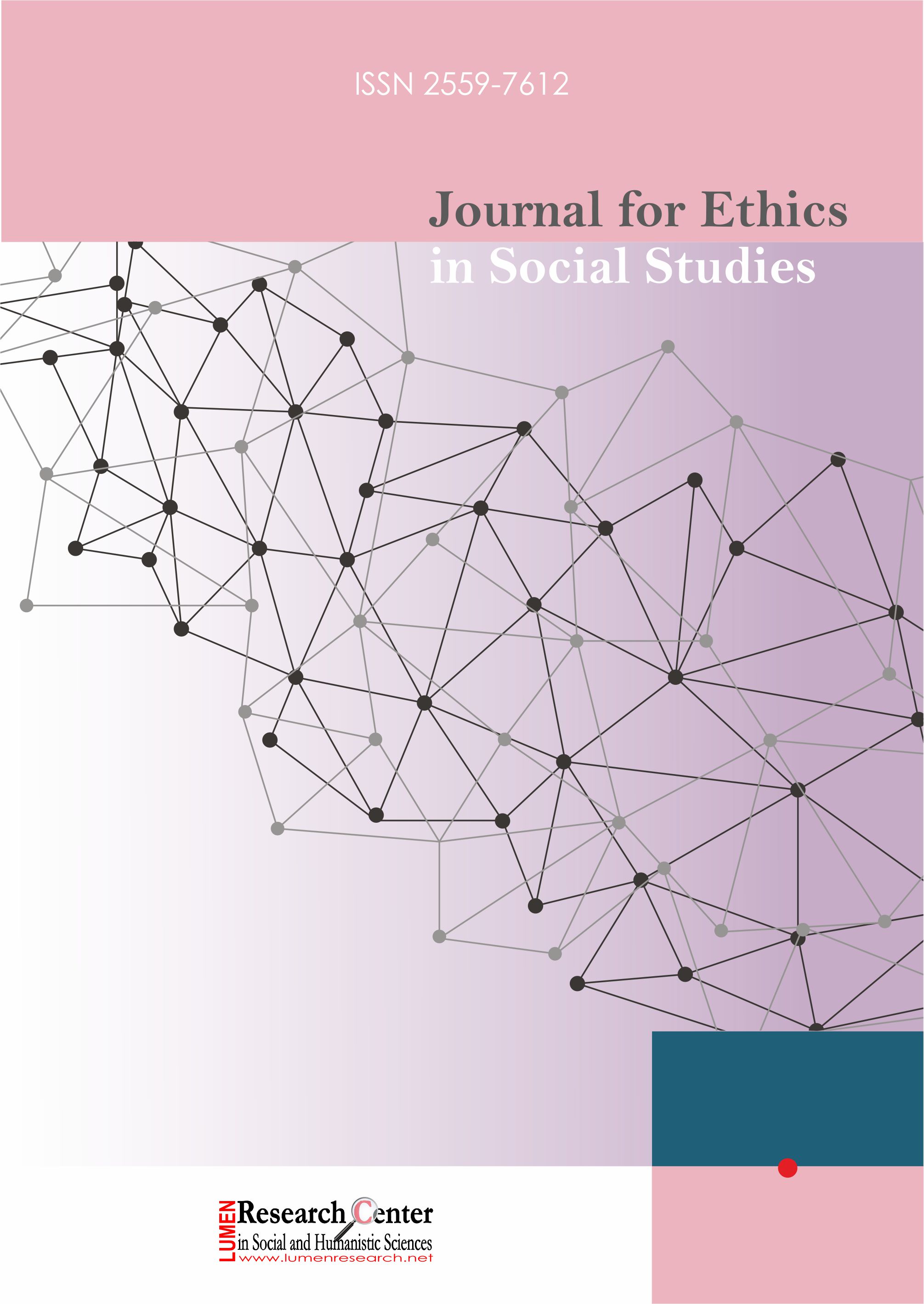
Integrity is a concept that encompasses a series of human values, often defined as an attribute of being and remaining honest, fair, and incorruptible. Thus, it can be assimilated to the sense of justice, dignity and conscientiousness, serving as a guide in human conduct. In the 21st century, debates about integrity have become more and more frequent, recognizing that integrity can be appreciated as a standard to assess the conduct of a person, institution, organization or even an entire community or nation. Currently, integrity is the most effective standard when it comes to establishing the level of trust, professionalism and competence. This article theoretically addresses the way in which integrity can become a value that can only develop in an environment in which human dignity is valued, individuals enjoy the right to assert their choices and have the freedom to make choices, an environment in which justice, truth and ethical conscientiousness are unanimously accepted ethical values. However, paradoxically, integrity is highlighted only by reference to a climate or a specific situation where this value is less recognized or respected.
More...
I chose to conduct a review of the chapter „Etica în practica cercetării clinice pe subiecţi umani în 6 ţări europene din fostul bloc comunist” [Ethics in the practice of clinical research on human subjects in 6 European countries from the former communist bloc], authored by Ana Voichiţa Tebeanu and George Florian Macarie, inserted in part II, entitled "Etica în cercetare şi inovare” [Ethics in research and innovation], of the volume "Etică şi integritate în educaţie şi cercetare” [Ethics and integrity in education and research], coordinated by Antonio Sandu and Bogdan Popoveniuc and published in 2018 at Tritonic Publishing House, as it is a topical issue, which raises numerous ethical dilemmas, because medical research involving human subjects is a topic of debate brought more and more into discussion as the medical community recognizes the need that practitioners and researchers in the medical field substantiate their research on ethical grounds.
More...
The chapter “Etica publicării ştinţifice şi a comunicării cunoaşterii” [Ethics of Scientific Publication and Dissemination of Knowledge], written by Prof. PhD. Antonio Sandu, is one of the chapters in Part IV, that bears the same title as the analysed chapter, inserted in the volume "Etică şi integritate în educaţie şi cercetare” [Ethics and integrity in education and research], coordinated by Prof. PhD. Antonio Sandu and Prof. PhD. Bogdan Popoveniuc, published in 2018 at Tritonic Publishing House, in Bucharest, Romania. The chapter analyzed is a paper of topicality, interest and scientific importance, as it is in line with the current scientific concerns in Romanian academic community regarding the veracity and relevance of the works published by research institutions and publishing houses in the process of disseminating the results of scientific research.
More...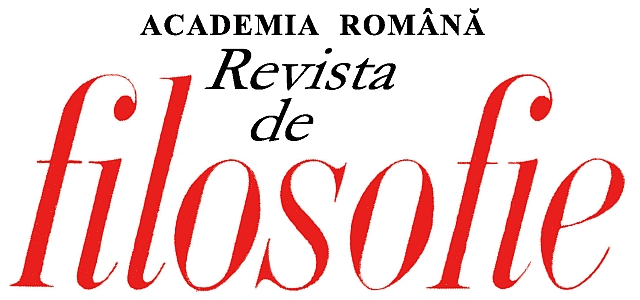
Why are we talking about a moral sense? The human mind is made to raise awareness and with the awareness comes the moral sense. The moral mind represents the purpose of man and, conversely, the care for the fulfillment of the human task builds the moral mind, or the moral sense. The natural preoccupation of the intellectual, of the thinker, of the philosopher, of the priest, of the educator, or of any type of moral reformer that a society can give is the state of the society and, of course, the imperfection of the moral sense, which is not capable of sustaining social evolutions and value. The study brings together in a unitary interpretation the insights of Spiru Haret, Mircea Florian, Constantin Rădulescu-Motru, John Searle. As Mircea Florian shows, “The mission of philosophy is not to show that reason is oriented, but detaching its orientation in fact, to show how it should but be oriented”. The moral mind acts against the tyranny of the unconscious.
More...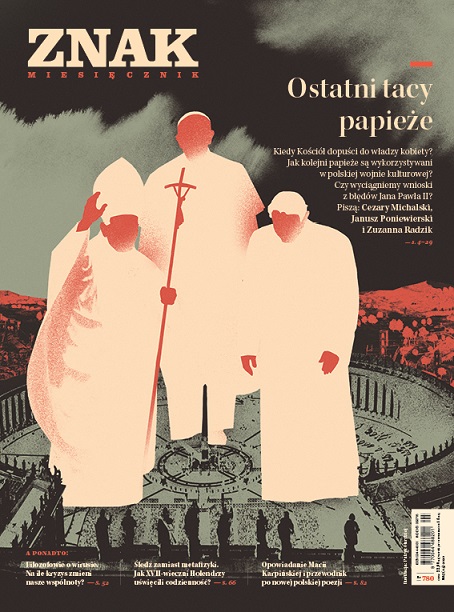

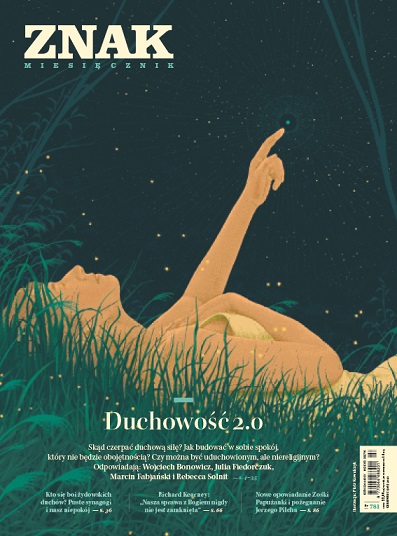
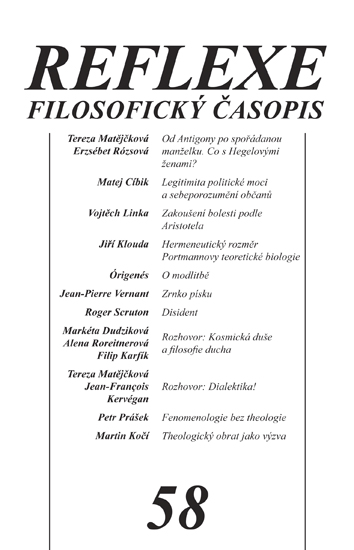

Českých intelektuálních tradic, které by měly skutečně celosvětový ohlas, není mnoho. Promýšlení fenoménu disentu k nim však jednoznačně patří. Témata typická pro české filosofické prostředí se stala součástí globálního porozumění totalitním režimům, jejich charakteru a dopadům na život společnosti. Rovněž formovala představy o tom, co znamená těmto režimům čelit. K těmto tématům patří vztah k pravdě jako klíčové politické kategorii, analýza (ne)autenticity našeho jednání v pokřivených politických podmínkách či schopnost jednotlivce dostat moc pod tlak jednoduchým trváním na tom, aby režim dodržoval svá vlastní pravidla. V běloruské „Chartě 97“, čínské „Chartě 08“ a v mnohých dalších disidentských hnutích tak čteme jasný rukopis zdejšího vypořádání se s totalitou.
More...

Zpráva o úmrtí Erazima Koháka (8. února 2020) se okamžitě rozletěla do mnoha stran. Vždyť neodešel jen tak někdo, ale muž, jenž se dokázal „rozkročit“ svým myslitelským významem do dvou různých kontinentů. Do Spojených států severoamerických svou fenomenologickou filosofií husserlovského ražení, když se stal profesorem Bostonské university ve státě Massachusetts, a do Evropy, potažmo České republiky, svým celoživotním úsilím dát našemu evropskému a národnímu češství myslitelsky konzistentní smysl. Zdůrazňuji tu celoživotnost, neboť smyslem našeho češství se obíral už jako exulant, když byl ještě daleko od vlasti „over the ocean“ (1948–1989). Své myšlení o něm pak dovedl k završení ve svém díle Domov a dálava teprve po návratu do své rodné Prahy, když se stal profesorem filosofie na staroslavné Univerzitě Karlově (1995).
More...